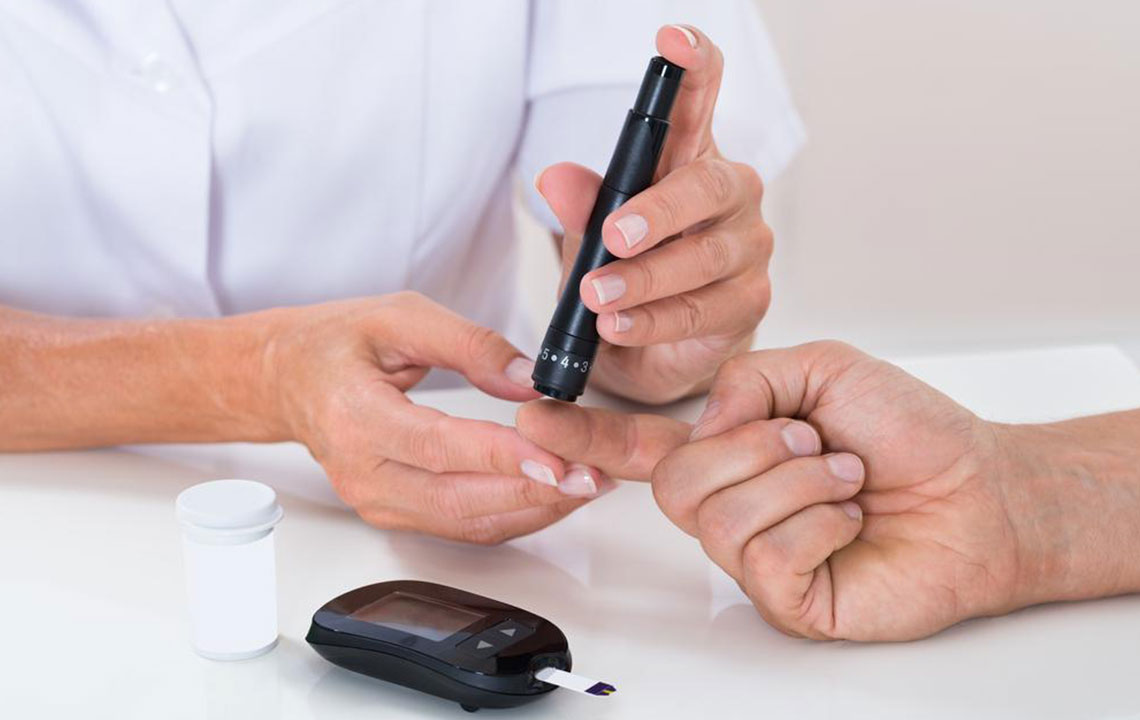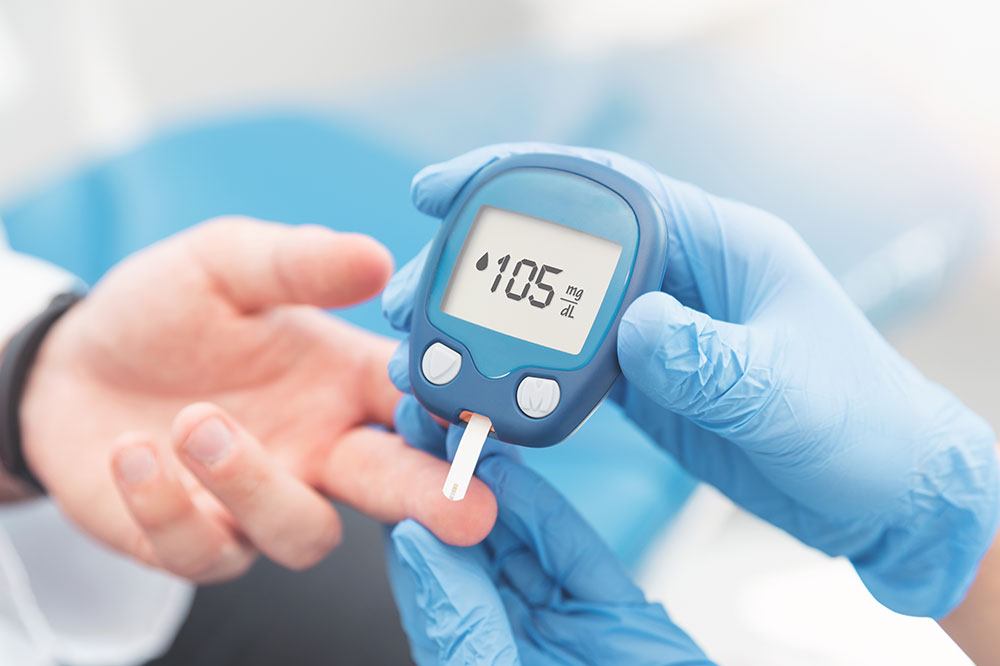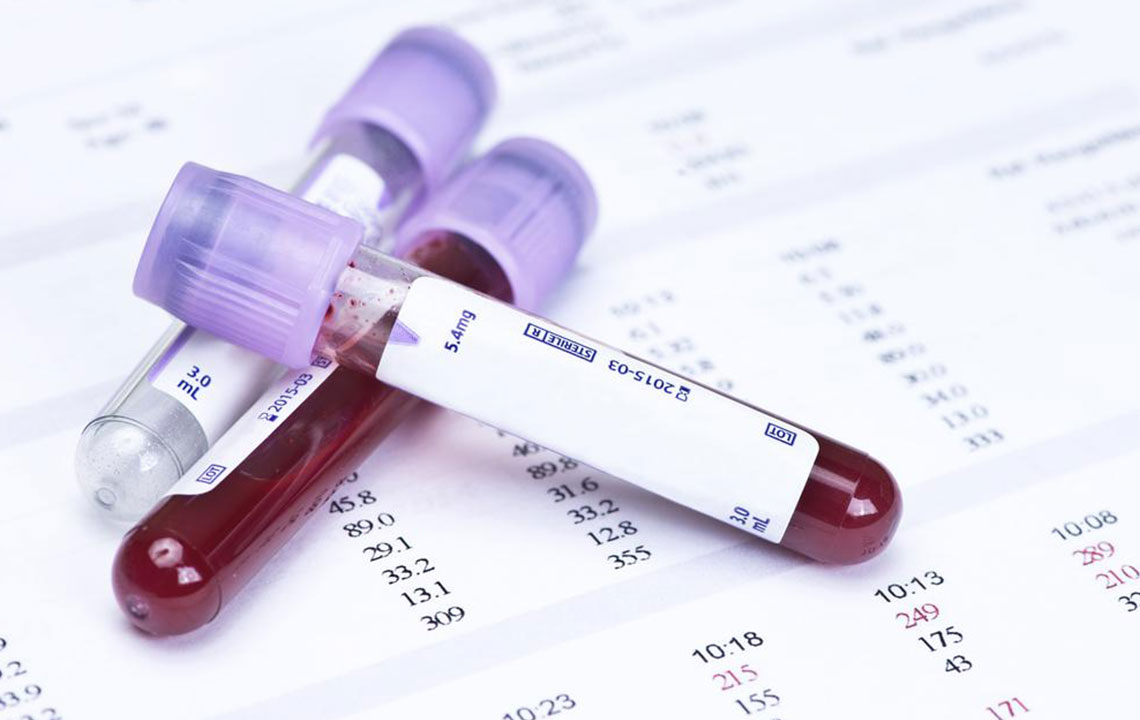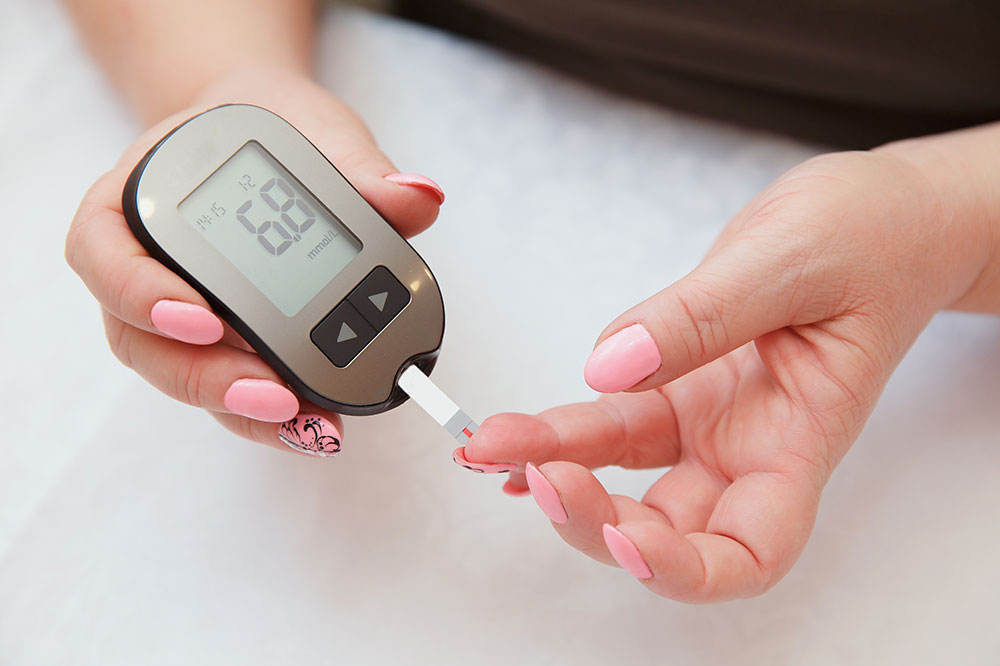Understanding the of core blood glucose levels and control
What is blood glucose? Blood glucose is the type of sugar that is found in your blood stream. Glucose is the source of energy that helps your body function everyday. So where does the body’s glucose come from? The answer is simple. It comes from the food that you consume. The blood in your body carries out the function of making the glucose reach out to every cell.
So when does blood glucose level pose a problem?
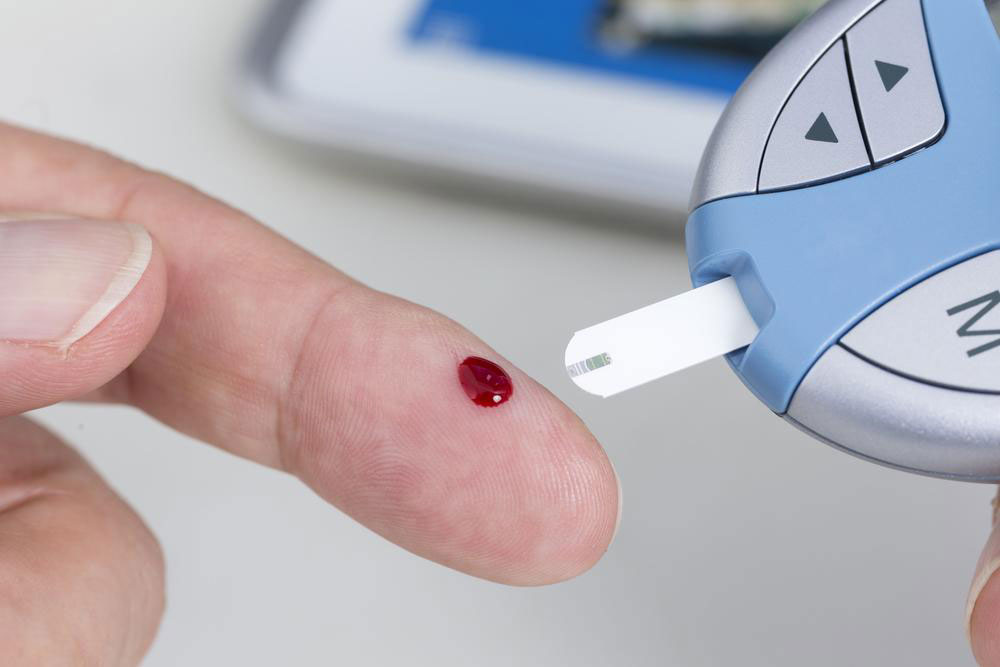
An increase in blood sugar can cause diabetes, a disease that triggers several other health problems. It can cause grave harm to the eyes, kidneys, etc., besides taking longer time to heal a wound. Although, diabetes in more commonly found among the older generation, it now become a common ailment among youngsters too. This is generally a result of lack of production of a hormone called insulin. Insulin is released into the bloodstream when the glucose levels in your body increases.
Generally, you will find that blood glucose levels increases to a minuscule level after eating a meal. This triggers your pancreas to release more insulin so as to keep your glucose in control.
In order to keep your blood glucose in a target range, it is necessary that you undertake certain measure of self care. Good habits such as eating a meal on time, regularly exercising even if this means taking a walk in the park, avoiding artificially flavored or junk food, etc. Once you have been diagnosed with diabetes, you have to take the prescribed medication while keeping a track of your blood glucose levels.
There are a number of tests that will enable your doctor to confirm the levels of your blood glucose. The most common one being the fasting blood test. This test is carried out after you have fasted for more than 6“8 hours. This is usually the first kind of test that is carried out to check for diabetes or irregularity in blood sugar levels. There are other tests that include the random blood sugar test, oral glucose tolerance test, glycohemoglobin test, etc.
Blood sugar control is vital and isn’t a tough nut to crack when coupled with healthy lifestyle habits.

